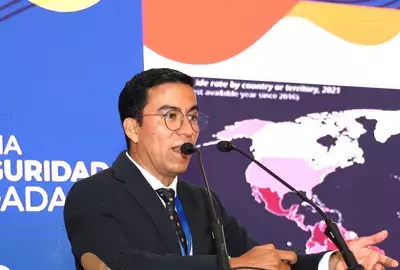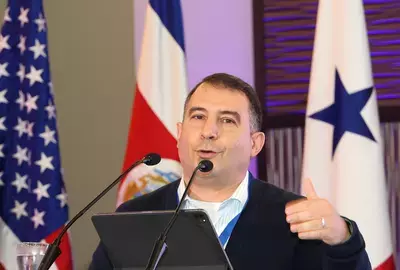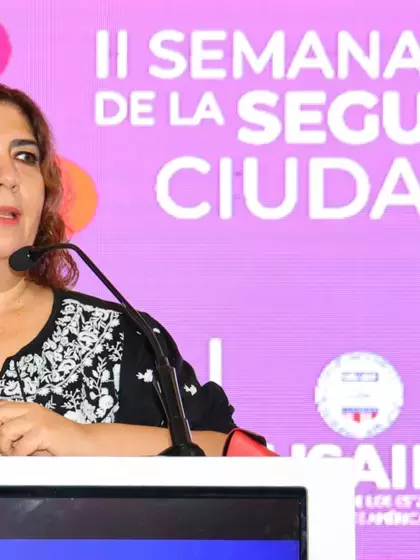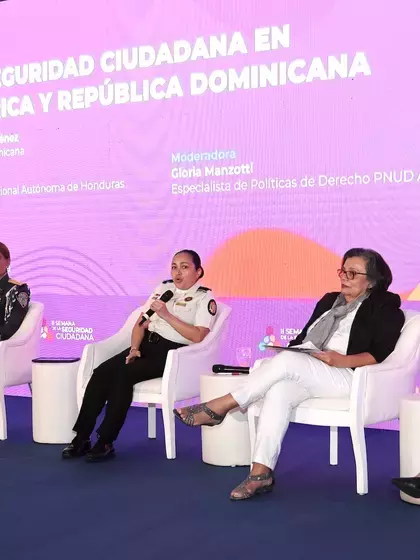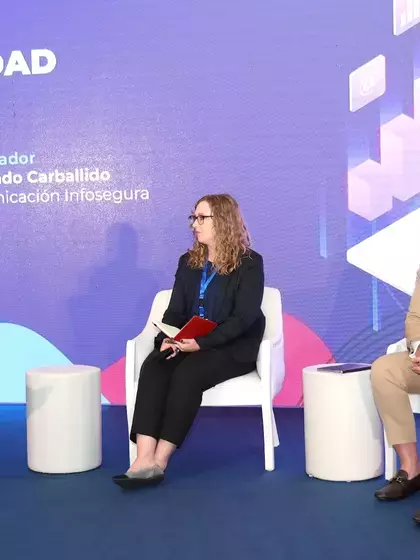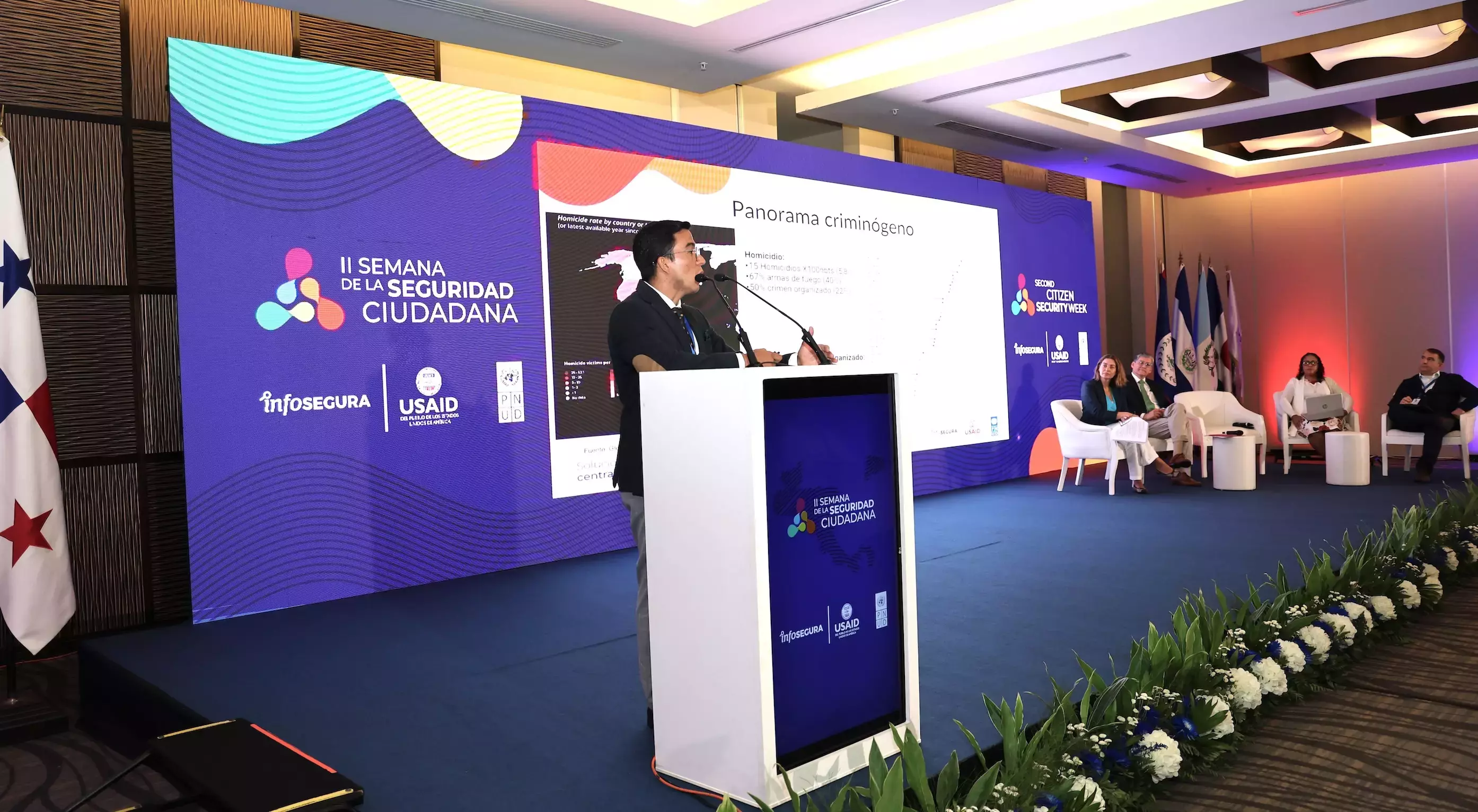
Analysis, evidence and technology for decision-making in police operations
The Second Citizen Security Week, hosted by InfoSegura, concluded on Thursday, January 25th. Following a keynote address by Rafael Ibarra, the last thematic session was on "Analysis, evidence and technology for decision-making in police operations."
The panel was moderated by Lucía Dammert, public policy and citizen security specialist in the region. She emphasized the importance of technology in police operations and the crucial role that analysis and evidence have in decision-making processes. She also noted the work of InfoSegura with its focus on improving police operational data.
Patricio Tudela, Director of the Diploma Program in Criminal Analysis at the Center for Urban Security at Alberto Hurtado University in Chile, was the first to take the floor, offering an in-depth view of crime analysis for police operations. He emphasized the significance of results analysis and the crucial correlation between indicators in police operations and decision-making processes. Mr. Tudela argued for investing in training and professional development, in order to strengthen the analytical capacity in the police, bridging the gap between criminal analysis and decision making.
Ervyn Norza, Vice Rector of Research Technology and Innovation at the Police Education Office in Colombia was the next to speak. He shared his experience with Evidence-based policing: experiences with targeted diverting in Colombia in his intervention. He presented an evidence-based diverting approach where hotspots are prioritized, as are criminal actors and criminal behaviors. Mr Norza stressed the importance of proactive action and targeted strategies for enhancing security and peaceful coexistence in critical microterritories.
Ervyn Norza is Vice Rector of Research Technology and Innovation at the Police Education Office in Colombia and Lucía Dammert is a regional specialist in public policy and citizen security.
Dawn Mitchell, Coordinator of the Belize Crime Observatory, next focused on Generating quality data for use in police operations. There needs to be a "solid data-driven culture at the political, executive and technical levels," she emphasized. The objectives include implementing a data policies that are clear, comprehensive and aligned with national laws and policies and international standards.
Inter-institutional agreements and procedures need to be established, added Ms. Mitchell, making data exchange among agencies secure. Institutional, inter-institutional and individual capacities need to be reinforced as well.
Commissioner Major Gastón Pezzuchi, Superintendent of Criminal Analysis, Ministry of Security of the Province of Buenos Aires in Argentina closed the session by sharing experiences with The process of impact assessment and hot spot policing in Argentina. He presented the hot spot policing programme, emphasizing the efficacy of targeting hot spots in reducing violent crime and property crimes. Commissioner Pezzuchi highlighted the importance of diversion and improving community perception in achieving sustainable public safety results.
Subsequently, and before the closing of the event, the last of the discussions of the Citizen Security Week took place, focusing it on how to communicate security in digital times.


